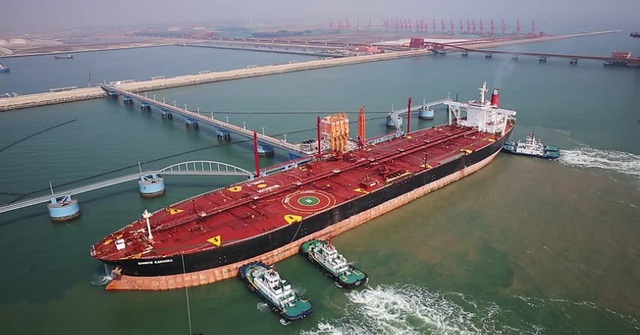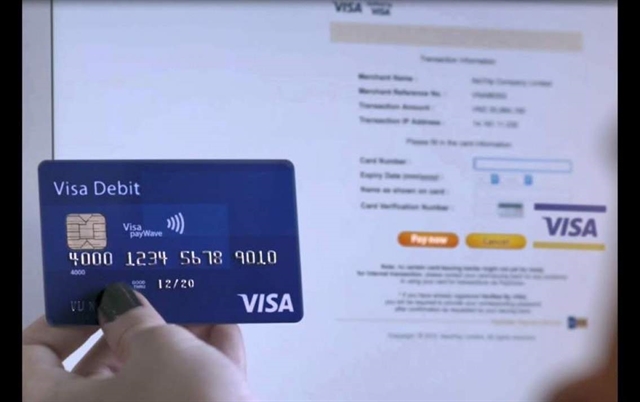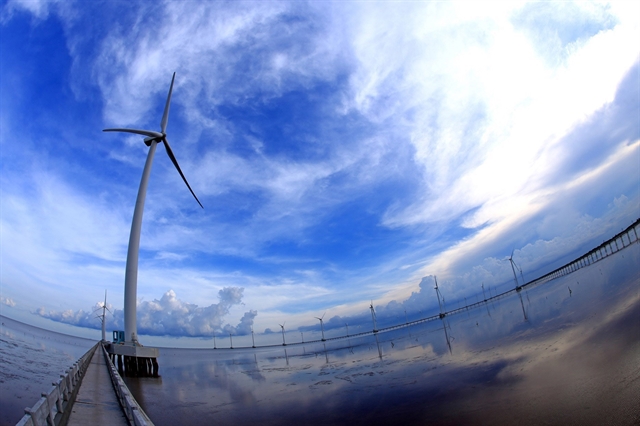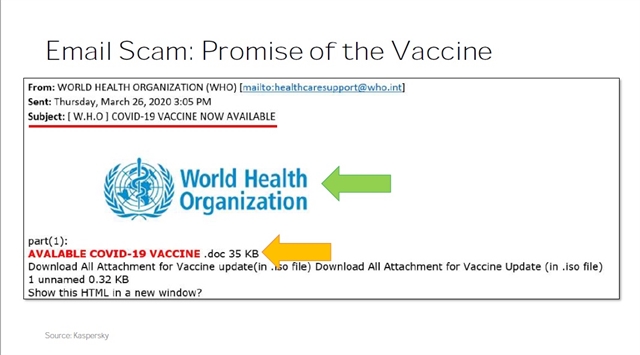
Last Monday (April 20) US oil prices plunged into negative territory for the first time ever, meaning producers were willing to pay buyers to take crude off their hands.
The price of America’s most closely watched oil benchmark crashed to minus US$37.63 a barrel, the Independent newspaper reported.
Prices had dropped further and faster than at any other time in history as a result of the coronavirus pandemic as flights have been cancelled, people are staying at home and large parts of the economy that use energy have shut down, meaning less demand for oil, it said.
But supply has not fallen as fast. Oil producing countries agreed earlier this month to collectively cut output by an unprecedented 10 million barrels a day, or around 10 per cent.
But demand has dropped by 30 million barrels a day and there is far more oil than the world needs.
The Guardian newspaper said the price of oil has been steadily falling across global markets since coronavirus first broke out in China at the end of 2019.
Since then the shutdown of major economies and travel routes to curb the spread of the virus has wiped out oil demand as transport has ground to a halt. But oil producers have continued to pump crude from their wells, causing a catastrophic imbalance between oversupplied oil and the biggest slump in demand for 25 years.
Petrol prices are likely to fall sharply this year due to the sudden collapse of oil prices and the long road to market recovery that probably lies ahead. But it is worth keeping in mind that the price paid at the pump is not a perfect reflection of the oil markets because petrol and diesel prices include government taxes and a profit margin for the seller. The negative oil prices seen in the US will be short-lived, so no one should expect to be paid for filling up their car.
What benefits could accrue from the negative oil prices to the Vietnamese economy?
Analysts said oil prices always have a great impact on most production and business operations as well as economic targets, but the pandemic has distorted this effect.
Nguyễn Văn Phúc, director of Hoà Khánh General Trading and Services Company, said if oil prices had dropped when economic activity was normal there would have been great benefit to businesses in the form of lower costs.
But the record low prices now are of little significance since all economic activities like production, trading and transport and travel have virtually come to a standstill due to the pandemic, he said.
Dr Nguyễn Thành Sơn, former director of the Red River Energy Company, agreed with him but said the Vietnamese economy could indeed benefit from the low petroleum prices since a part of the economy has restarted after the social distancing campaign was eased on April 22.
Some analysts insisted that Việt Nam should not fail to take advantage of an opportunity that might not arise again for many years.
Trần Việt Anh, vice chairman of the HCMC Enterprises Association, said the low oil price is a golden opportunity for Vietnamese firms with deep pockets to stock up on oil.
Dr Nguyễn Xuân Huy of the HCMC Polytechnic University said it all depends on whether the pandemic ends in Việt Nam soon and industries recover quickly.
“We will benefit hugely from the low global oil prices [if that happens].”
Analysts said Việt Nam now imports oil products mainly from Singapore but also South Korea and Malaysia.
The price of petrol in Singapore last week was around $22 per barrel while diesel was at nearly $34 per barrel.
The prices are likely to further drop in the coming weeks.
Over time petrol prices at the pump could fall to VNĐ10,000 per litre, experts said.
Imports
In order to fully tap the opportunity arising from the sharp decrease in the global oil price, on April 21 the Việt Nam Energy Association made a proposal to the Prime Minister and relevant ministries to import petroleum products and store them.
It said this is the first time that global prices have gone down to such low levels in the last 20 years, and so it is imperative to buy now.
For this, the PM and ministries should instruct oil producers as well as traders and even the military to fully exploit their storage capacity, it said.
Support policies including preferential credit are very important to enable imports of gasoline products, it pointed out.
Experts said to take the advantage of the low oil prices the Government should relax certain policies, including to allow private wholesalers to import petroleum products.
It is unfair that they are only allowed to participate in retail of oil and gas products while only State-owned enterprises could import them, the experts said.
They said allowing private players to participate in the oil and gas market would by no means affect the country’s energy security and not be contrary to international practices either.
An electricity industry expert stressed the need for enterprises involved in thermal power generation to import large volumes of petroleum products now and store them.
The Việt Nam Electricity Association said the power industry uses 2.5-3 million tonnes of diesel oil and furnace oil annually to produce electricity. — VNS































